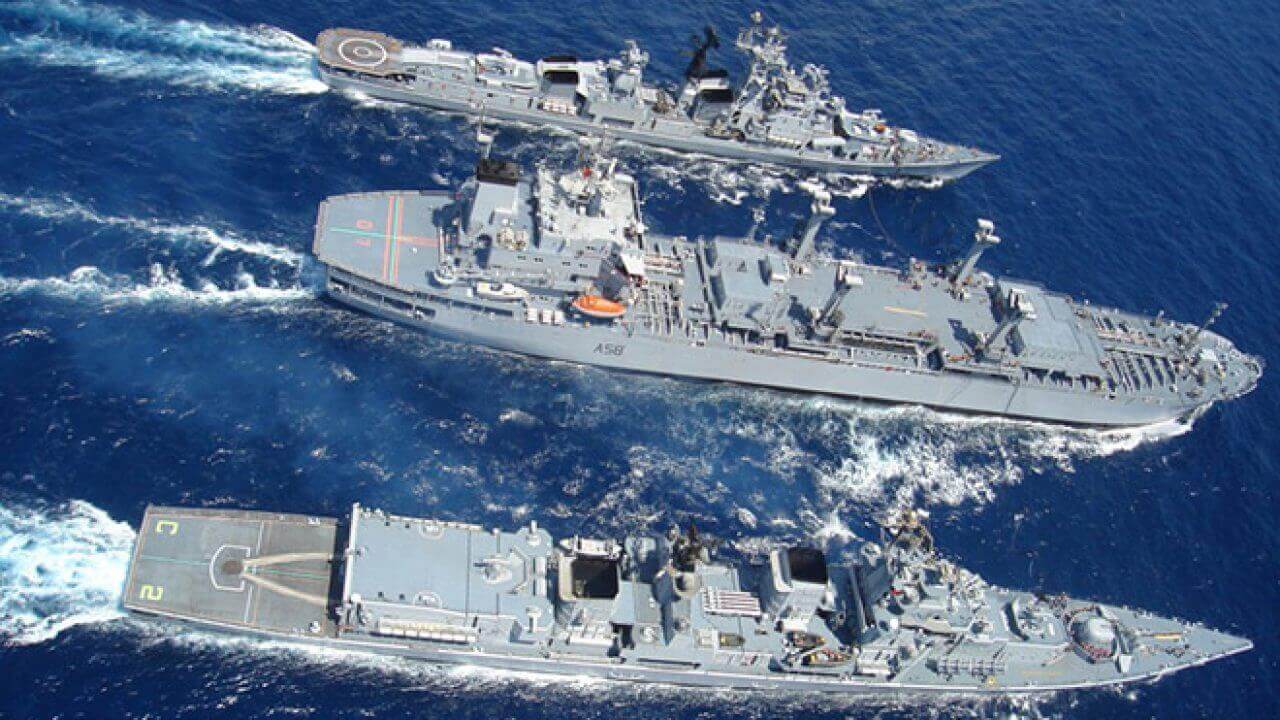India has now officially joined the Djibouti Code of Conduct/Jeddah Amendment (DCOC/JA) in an observer capacity following a virtual high-level meeting with the signatories to the agreement on August 26.
The DCOC/JA comprises of 18 member-states along the Red Sea, Gulf of Aden, the eastern coast of Africa, and island nations in the Indian Ocean Region (IOR). India now joins Japan, Norway, the United Kingdom (UK), and the United States (US) in gaining observer status in the grouping.
The code was first established in January 2009 and targets piracy and “armed robbery” in the Western Indian Ocean Region, the Gulf of Aden, and the Red Sea. The first countries to join the grouping were Djibouti, Ethiopia, Kenya, Madagascar, Maldives, Seychelles, Somalia, Tanzania, and Yemen. Later on, Comoros, Egypt, Eritrea, Jordan, Mauritius, Mozambique, Oman, Saudi Arabia, South Africa, Sudan, and the United Arab Emirates (UAE) signed on as well.
The code of conduct rests on four key pillars: regional training, national legislation updates, information sharing, and capacity-building. The member-states work together to: investigate, arrest, and prosecute those suspected to have committed acts of piracy or armed robbery at sea; interdict or seize suspicious ships; and rescue ships and people that are targeted in acts of piracy and armed robbery.
At the same time, the states also recognize the growing importance of the “blue economy” and thus call on each other to design national strategies that holistically take into consideration sustainability, development, shipping, seafaring, fisheries, and tourism.
In 2017, the code was amended through what is called the Jeddah Amendment, wherein signatories now look too coordinate on matters of “transnational organized crime in the maritime domain, maritime terrorism, illegal, unregulated and unreported (IUU) fishing and other illegal activities at sea”.
Transnational organized crimes can include: “arms trafficking; trafficking in narcotics and psychotropic substances; illegal trade in wildlife; crude oil theft; human trafficking and smuggling; and illegal dumping of toxic waste”.
India’s Ministry of External Affairs (MEA) released a statement saying that the country “looks forward” to coordinating with other member-states to “enhance maritime security” in the region at large.
This latest venture is part of India’s vision to increase its presence and influence in the Western and Eastern Indian Ocean and cooperation and coordination with East African coastal states. On one hand, this is to increase India’s strategic footprint. However, a dual objective appears to be its goal of countering China’s increasing presence in the IOR.
India Gains Observer Status in Djibouti Code of Conduct
The code was first established in January 2009 and targets piracy and “armed robbery” in the Western Indian Ocean Region, the Gulf of Aden, and the Red Sea.
September 18, 2020

IMAGE SOURCE: INDIAN NAVYINS Ranjit, INS Jyoti, and INS Mysore
